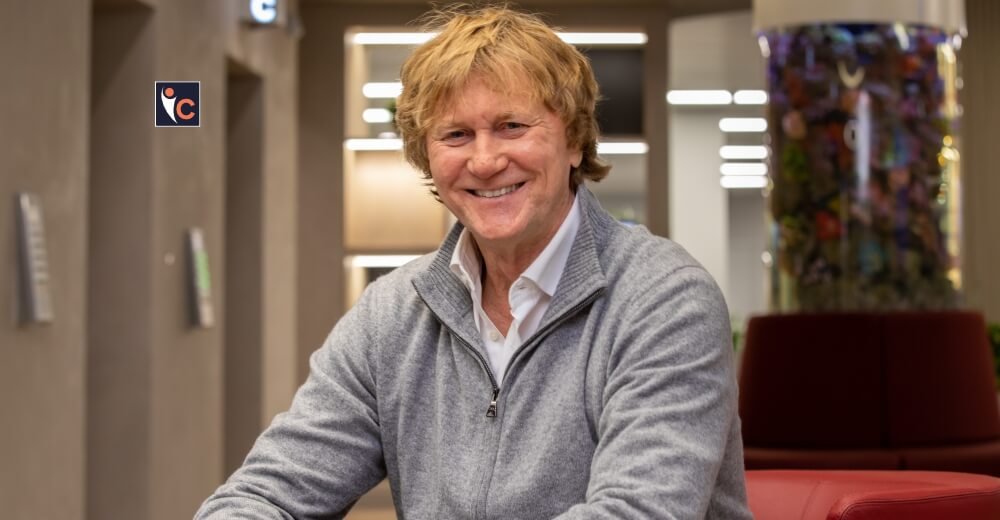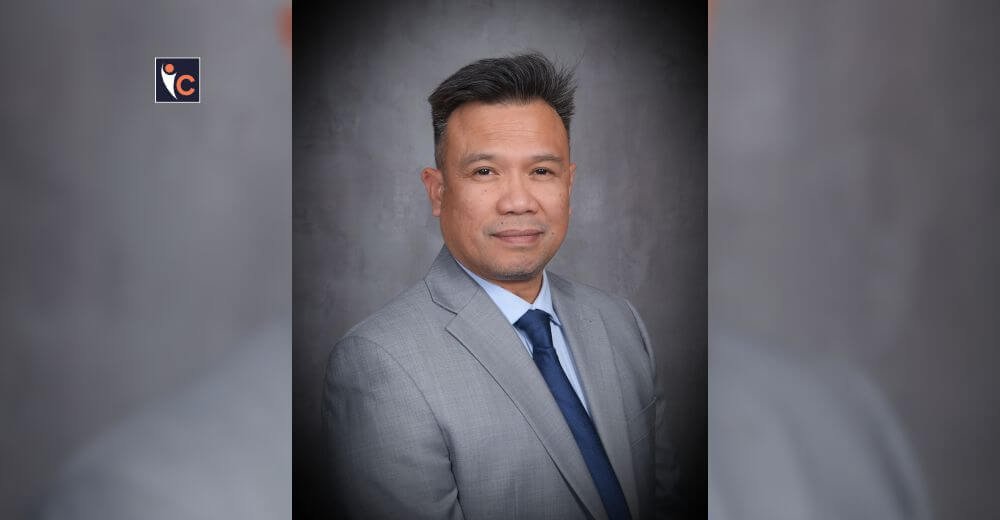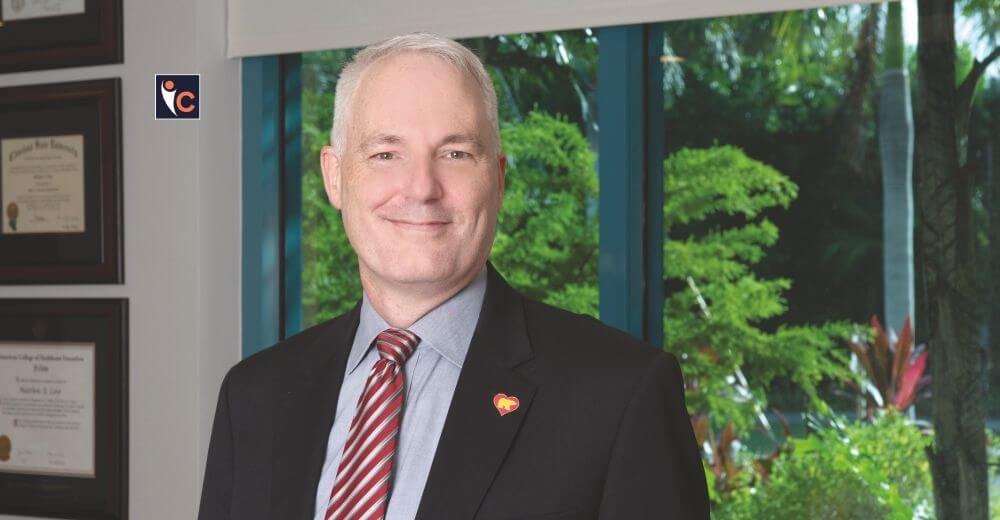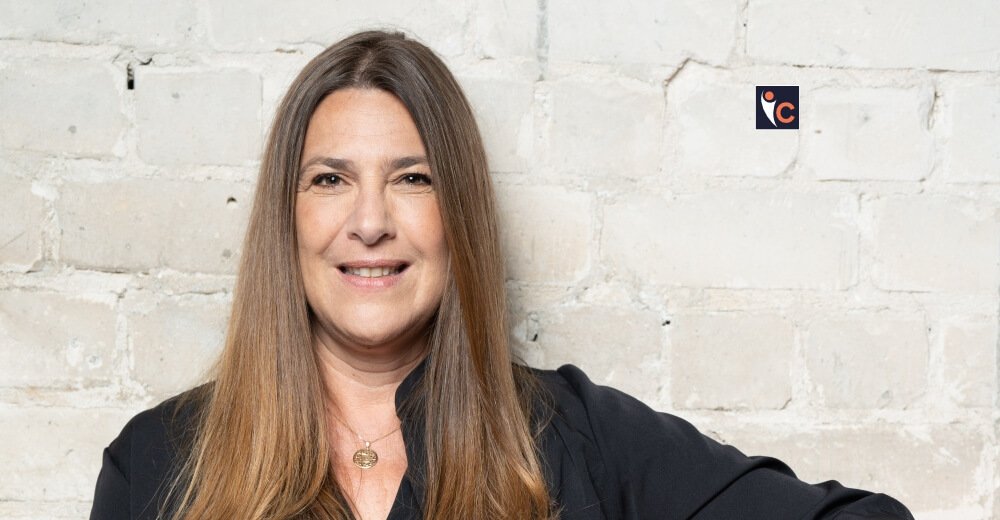For many patients suffering from cardiovascular conditions, especially rare, advanced, or chronic ones, both solutions and hope can be elusive. It’s this moment when patients think they have no other option. However, that’s what Dr. Sherisa Warren—an endovascular specialist at CardioVascular Health Clinic in Oklahoma—knows she was born for.
“I always want to be the person to fix something when no one else can or will when no one else will even try,” she says. “Patients come to me without options, and I am the person who is going to make them an option.”
This mentality can be a game-changer for cardiovascular patients with heart conditions or lung limitations who can’t undergo the risk of more extensive thoracic abdominal procedures. Terrified of major surgery or incision, these patients find a lifeline with Dr. Warren and the assurance that even if Plan A isn’t the right fix, she’s already been through Plan B, C, and Z in her head and is ready for any scenario, a veritable MacGyver of custom and complex cardiovascular procedures.
“This is what I was made to do, what I was meant to do,” says Dr. Warren, “and it’s an absolute honor.”
Inspired to Make an Impact
The inspiration to practice medicine came early for Dr. Warren and is deeply rooted in her right from the days at small southeast Kentucky. In her rural Appalachia community where poverty was high and opportunities for quality care were low, Dr. Warren announced at age three that she was going to be a surgeon and set right to work. Accompanying her grandmother—a nurse for more than 40 years—and her father—an “old-fashioned Southern businessman”—as they cared for the people around them with generosity, caring and compassion. She devoured medical books and anatomical guides, fascinated by what was inside the body, and when her grandmother experienced a ruptured appendix, a young Dr. Warren was there to help pack and clean the wound.
During medical school, she discovered her ability for natural understanding, easy visualization of the vascular system, and temperament and manual finesse to excel in complex procedures. Hungry for the challenge of uncommon high-pressure situations, she followed medical school with a trauma and general surgery residency at Detroit’s Garden City Hospital, where two mentors took her under their wings—one a vascular surgeon, one in cardiothoracic—and helped her discover her true niche.
No Stranger to Challenges
As a young woman growing up in rural Kentucky, Dr. Warren’s vision for herself was anything but typical. Under the guidance and nurturing of her mother and grandmother, however, Dr. Warren received early validation that nothing was impossible. Whether it was her mother sitting up late with her while she studied for an exam or wrote a paper or her grandmother’s endless patience with her insatiable curiosity, the women in Dr. Warren’s life were there to constantly reinforce messages of confidence, competence and capability.
“My mother and grandmother are really strong and intelligent women,” she says. “My mother in particular has told me my entire life that I could be whatever I wanted. Her support and encouragement were–and continue to be–just tremendous.” Further buoyed by her community, her family, and her father’s deep passion for faith and education, Dr. Warren thrived under the expectations that she would do something great, seeking challenges as opportunities to evolve.
When she entered the medical profession, which was already a challenge, she quickly embraced her role as one of the pioneering women in the field. Dr. Warren stood out as one of just two women accepted into a general surgery program that men had predominantly directed over the past six years. During her time in medical school, she discovered a natural affinity for understanding and visualizing the vascular system, along with the right temperament and manual dexterity to excel in complex procedures. Moreover, she became the first surgeon to be offered an immediate post-fellowship job at the renowned Arizona Heart Institute, following in the footsteps of her mentor, Dr. Ramaiah, who had trained under the institute’s founder, Dr. Dietrich.
Today, Dr. Warren is the only woman vascular surgeon in Oklahoma City, and among just a handful throughout the state, as well as the only woman in a small national pool of providers who perform MAL release, the only treatment for median arcuate ligament syndrome (MALS). She is unfazed by the pressure to work harder, stay longer and push further, constantly ready to be a patient’s last option.
A Perfect Fit
At Cardiovascular Health Clinic, Dr. Warren found a home among other firsts and other “onlys,” becoming part of a multidisciplinary team of physicians and specialists who are innovators and leaders in their fields, pioneering new technologies and techniques and developing solutions where none existed before. From extreme limb salvage and complex abdominal and thoracic abdominal aortic surgery to treatment for POTS and MALS, “Our treatments are changing the trajectory of people’s lives,” says Dr. Warren.
Moreover, CardioVascular Health Clinic is committed to making exceptional care accessible to everyone, no matter where they live, a cause that’s near and dear to Dr. Warren.
“Being from a small, impoverished area, I’ve always felt a pull toward those communities,” she says. “I was very happy and successful in my practice [at Abrazo Arizona Heart Institute], but I always wanted to do more with my skills for the rural population and those with difficulty accessing care.”
Through outreach programs, satellite clinics, and cuttingedge diagnostics, Dr. Warren and CardioVascular Health Clinic give even rural patients access to the latest advancements from local physicians.
In addition to her specialities, Dr. Warren also brings a personal element to the clinic. “With my background and my accent, I identify with many of our patients. We have the same stories, we’re the same types of people, so it’s an easy fit. It resonates with them and makes them feel more relaxed,” something she’s found to be true no matter where she is—in any of the 50 states or countries around the world.
The Future of Cardiovascular Health
Dr. Warren is adamant that the way ahead for cardiovascular health is in collaboration, not competition, and she firmly believes that the best care puts the patient first and sets egos to the side.
Many patients come to CardioVascular Health Clinic with symptoms that are hard to pinpoint or explain, and they come after seeing multiple doctors, searching for a diagnosis. “They know something is wrong, but no one can tell them what, so they’ve just been living with it,” says Dr. Warren. “If a patient has something most physicians will never see, or only see once in their careers, it’s easy to misdiagnose, and that’s no one’s fault.”
Specialists, however, have unique experience and knowledge in very rare or complicated problems and can make sense of perplexing symptoms.”We can identify it because we see it all the time.” By sharing that experience and knowledge and serving as a resource, specialists can work with other physicians to partner with patients and provide a team approach to care, one that provides the best possible options in seemingly impossible situations.
When medical professionals work together, Dr. Warren says, “We can give patients the answers they need, tell them their condition is treatable and tell them they have options.”
Her vision fits squarely within Cardiovascular Health Clinic’s mission to change the future of cardiovascular healthcare. The clinic currently serves as a national destination for leading-edge cardiovascular procedures, where patients come to find better treatment options for everything from peripheral nerve stimulation and carotid surgery to barrow stem technology for heart failure.
“Everyone on this team wants to be at the forefront of the best technology,” says Dr. Warren. “We want to lead the studies and have access to new technology as soon as possible so we can offer that to our patients.”
Charting Your Own Course
Dr. Warren’s advice to young aspiring vascular physicians and specialists is two-fold: “Make sure it’s your calling, and don’t forget who you are.”
“Work hard and go full forward; Don’t let anyone tell you you can’t do it,” she says. “Moreover, it doesn’t matter where you’re from or who your family is—only you know your own heart and mind. You have to feel you can do it and believe in it so strongly.”
And when you go for it, Dr. Warren says, “Don’t forget who’s helping you along the way.” While she credits her father’s insistence on faith and education and her mother’s steadfast encouragement to getting her started, she says it’s the support of her husband, Patrick Patterson—also a medical professional with more than 20 years in the field—that’s gotten her where she is today. “I’m not who I am, without him,” she says. “It’s his support, holding down the fort, being such an amazing father for our daughter, that has allowed me to go after my dream.”
To women in particular, she says, “It all comes down to correctly aligning your priorities, not the priorities other people think you should have.” “Your life and your career can be whatever you want it to be,” says Dr. Warren. “They’re yours to create.”
While faith has always come first for Dr. Warren, she’s just as proud of the time she spent on her career in her earlier years as she is of the time she now spends with her family, making the most of every single day, both personally and professionally.
“It’s been a beautiful roller coaster of opportunity and chances to follow my vision,” Dr. Warren says. It may be this gratitude which is why she and Patrick named their daughter “Eirelyn,” Gaelic for “eternal thankfulness.”










